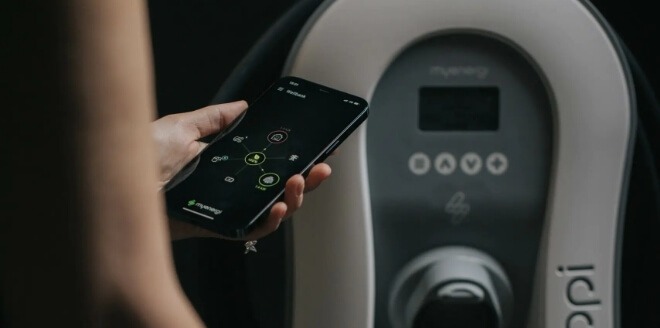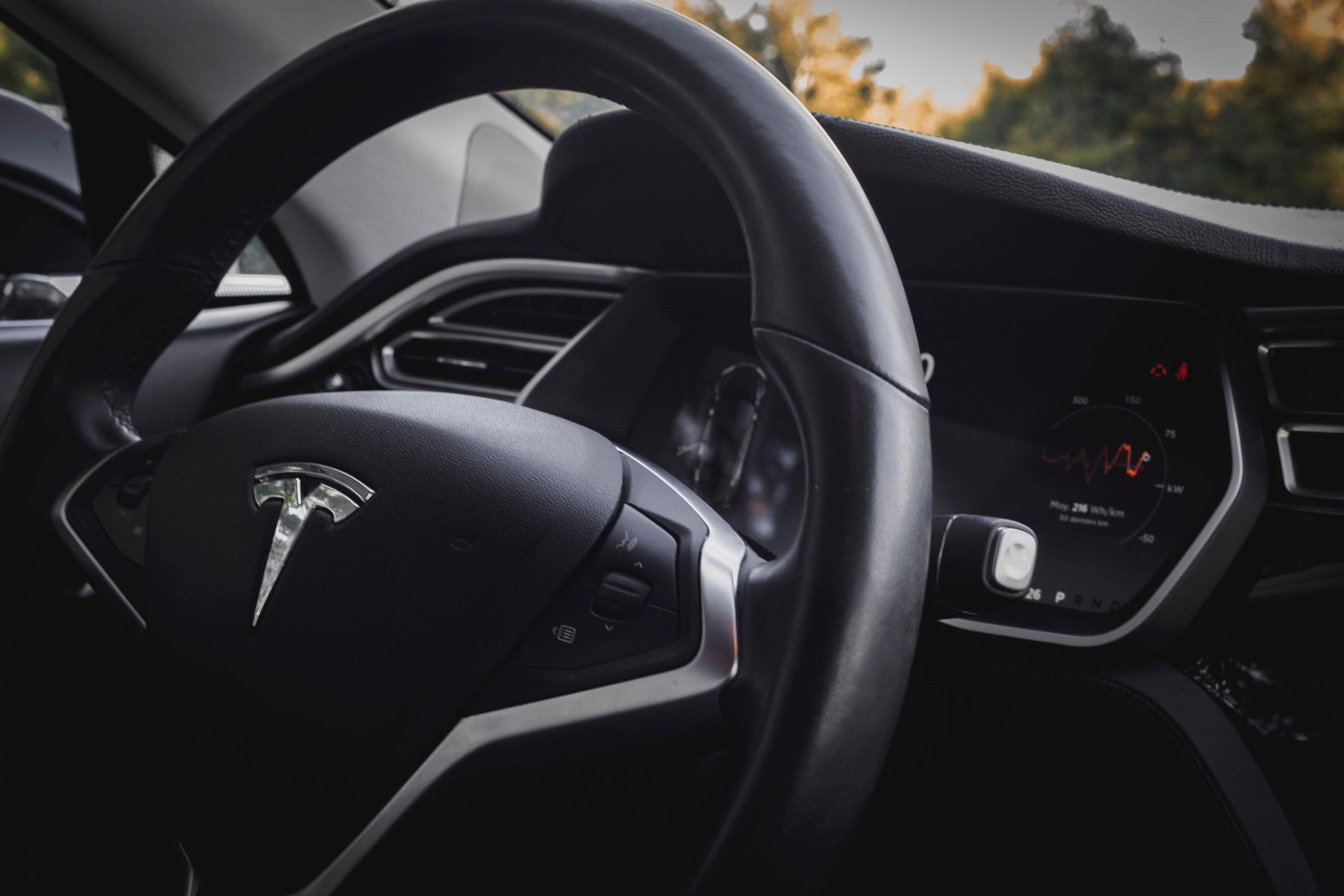The sustainability aspect of electric cars has often been discussed in the media. Is the electric car sustainable or does it damage the environment after all? In this article, we explain what makes electric cars sustainable and how they affect the environment.
1. Much less CO2 emissions
A major reason why the electric car is sustainable is its limited CO2 emissions. Over their entire life cycle, electric cars emit on average 40 percent less CO2 out than gasoline cars. Milieu Centraal calculated that a middle-class electric car emits about 32,300 kilograms of CO2, while a comparable fuel car emits about 53,100 kilograms of CO2. During this calculation, they assumed the production of the car, the battery ánd when it is driven 220,000 kilometers. In addition, they took into account gray-green electricity coming from the power outlet. The latter point implies that a positive change is yet to come. Producing gray power in power plants also emits CO2, but green power does not (during production). Do you charge your electric car with your own green power? Then your CO2 emissions are even smaller.
With our smart EV charger zappi you can easily use your own green power at home to power your charge an electric car economically and environmentally friendly.
2. Positive for air quality
An electric car is better for air quality, especially in cities. This is because while driving, no particulate matter and nitrogen oxides come out of the exhaust. Particulate matter and nitrogen oxides are not only bad for our health, but also for nature. Especially in cities, where air quality is often poor, this is a positive side effect of electric driving.
There is one small caveat, however: Like a fuel car, an electric car does cause wear on the road surface and a spreading of dust on the road. However, despite the heavier weight of an electric car, the wear and tear is no more than for a fuel car, contrary to what some people think.
3. Electric car sustainable despite battery
A common argument is that an electric car would not be sustainable because of the production of the battery. It is true that producing the battery requires a lot of energy. However, when converted, the emissions of an electric car including the production of the battery are still less than the emissions of a fuel car. Per mile you drive, an electric car uses less energy than a fuel car. Electric driving is much more efficient, which makes the electric car sustainable.
But what about the raw materials needed for the battery? Taking that into account, can an electric car be called sustainable even then? To produce a battery, one uses lithium, graphite and cobalt, among others. Lithium and graphite come from countries that are reasonably developed. Cobalt, however, is not. That is often still extracted from illegal mines in the Congo. It is dangerous work and also prohibited by law. Yet it continues to happen. Why? Because, according to people's organizations such as Amnesty International, there are more disadvantages to closing the mines. However, organizations do call for improving working conditions and using as little cobalt as possible in future batteries. Batteries made today already contain 3 times less cobalt than 5 years ago.
Is extracting the raw materials for an electric car's battery sustainable? No, often not, and besides, it is dangerous work. So can we say that an electric car has a negative impact on the environment? No, neither. Why? Because it is because the components of a battery can be recycled, unlike fossil fuels for a gasoline car, for example.
Is a battery no longer sufficient for an electric car? Then it can get a second life as solar or wind energy storage. Does that no longer work? Then they are recycled and raw materials such as aluminum, copper, cobalt and also increasingly lithium are reused. In this way, the environmental impact of an electric car's battery is also reduced.

 EV charging
EV charging Manage your energy
Manage your energy Maximize your energy
Maximize your energy Monitor your energy
Monitor your energy Find an installer
Find an installer Business charging station
Business charging station Pair zappi with a management platform
Pair zappi with a management platform





